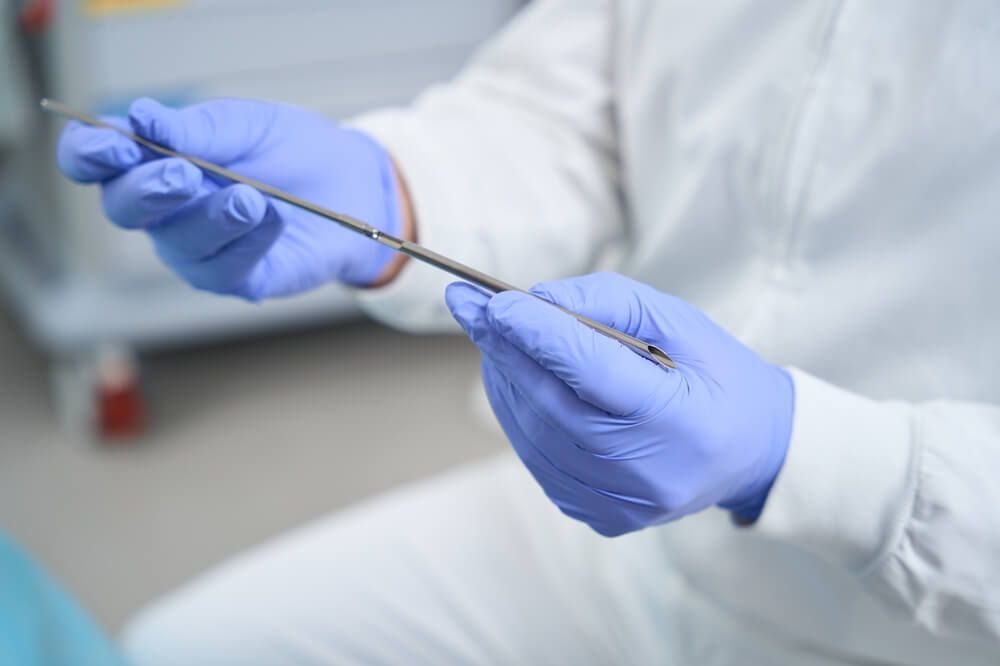Bioidentical hormones are man-made hormones that are chemically identical to the hormones naturally produced by the human body. They are used in hormone replacement therapy (HRT) to treat symptoms associated with hormonal imbalances or deficiencies, particularly during menopause in women, but also in other conditions that involve hormone imbalance in both men and women.
Bioidentical hormones offer a potentially effective treatment for individuals experiencing symptoms of hormonal imbalances. Their identical structure to natural hormones and the ability to customize doses make them an attractive option for many patients. However, careful consideration of the risks, benefits, and ongoing monitoring is crucial to ensure safe and effective use. Quantum HealthCare allows the patient to consult with a qualified healthcare provider to determine if bioidentical hormone therapy is appropriate for their specific condition and to receive guidance on proper usage and monitoring.
What Are Bioidentical Hormones?
- Bioidentical hormones have the same molecular structure as the hormones produced by the human body, such as estrogen, progesterone, and testosterone.
- This structural similarity allows them to mimic the natural hormones’ effects more closely.
- They are typically derived from plant sources, such as soybeans or yams, and then chemically altered in a lab to match human hormones.
- Bioidentical hormones are available in various forms, including pills, patches, creams, gels, injections, and sublingual tablets.
- Used to alleviate menopausal symptoms such as hot flashes, night sweats, mood swings, vaginal dryness, and decreased libido.
- In men, bioidentical testosterone is used to address symptoms of andropause (male menopause), which include fatigue, decreased libido, depression, and muscle loss.
- Conditions such as hypothyroidism, adrenal fatigue, and menstrual irregularities.
- Effective in relieving symptoms of hormonal imbalances, leading to improved quality of life.
- Their chemical structure is identical to that of endogenous hormones, which may lead to fewer side effects and better compatibility with the body.
- Bioidentical hormones can be custom-compounded based on individual hormone levels and needs, potentially providing a more personalized treatment approach.
- Bioidentical hormones can be prescribed by healthcare providers and may be custom-compounded by specialized pharmacies to match the specific hormonal needs of a patient.
- Regular monitoring of hormone levels through blood tests or saliva tests is necessary to ensure appropriate dosage and efficacy, as well as to minimize potential side effects.
- Potential side effects can include weight gain, fatigue, mood swings, and an increased risk of certain health conditions such as blood clots, stroke, and breast cancer, similar to conventional HRT.

